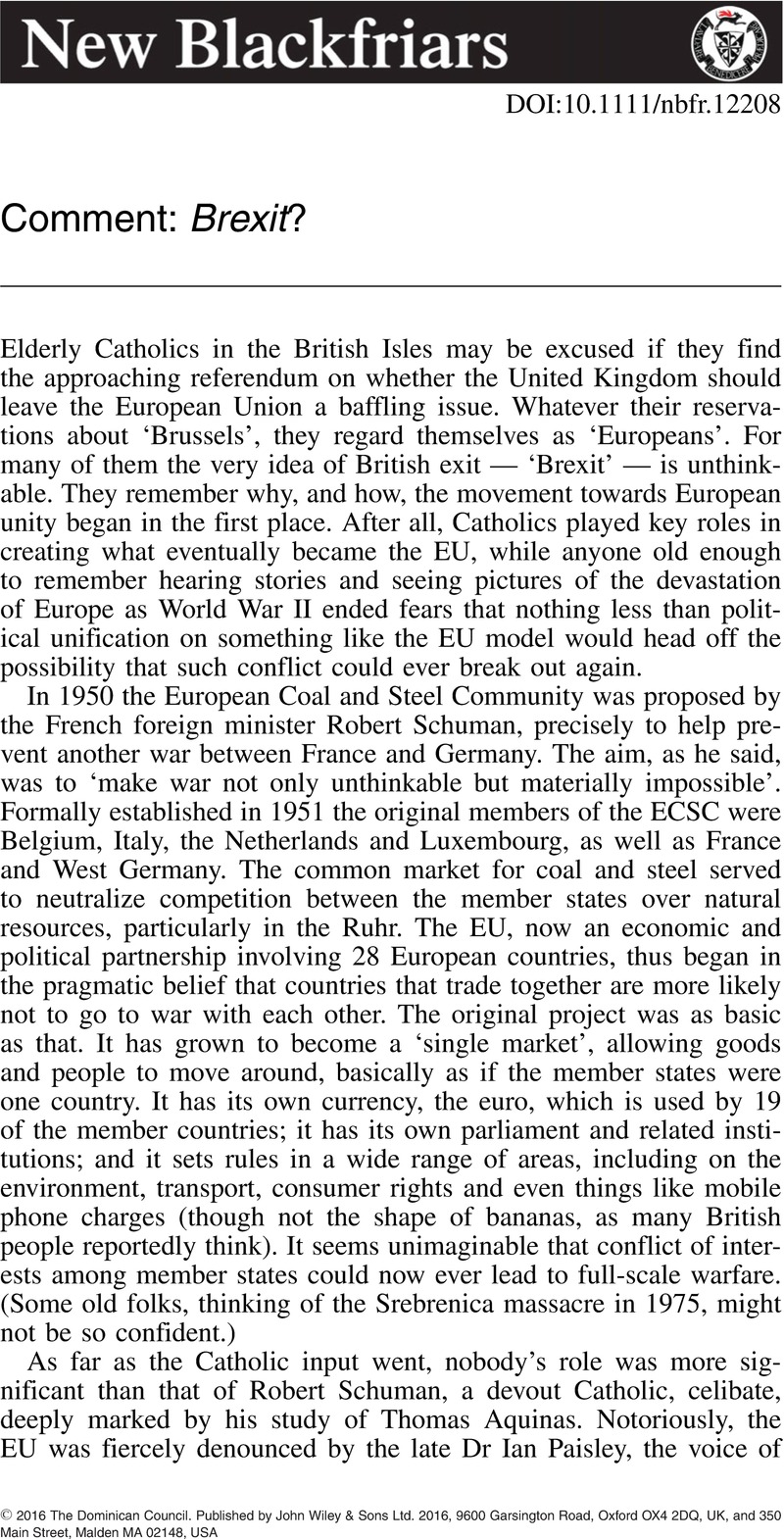Crossref Citations
This article has been cited by the following publications. This list is generated based on data provided by Crossref.
Nixon, David
2019.
What Does God Think About Brexit?.
p.
23.



